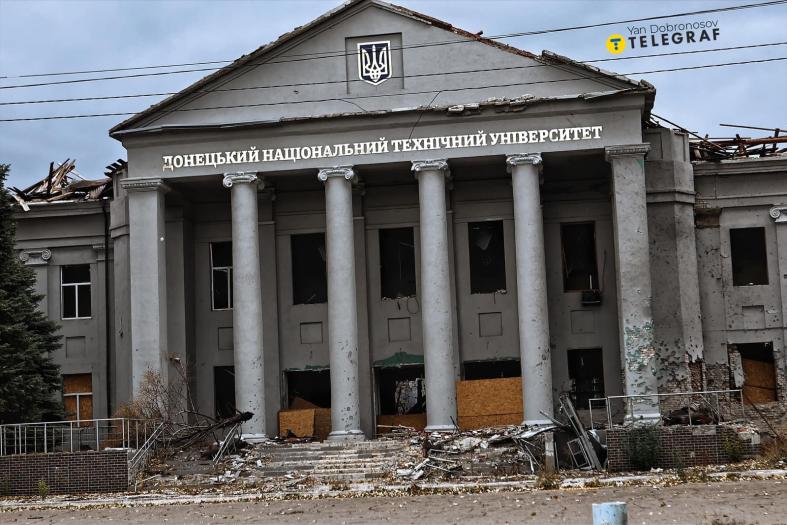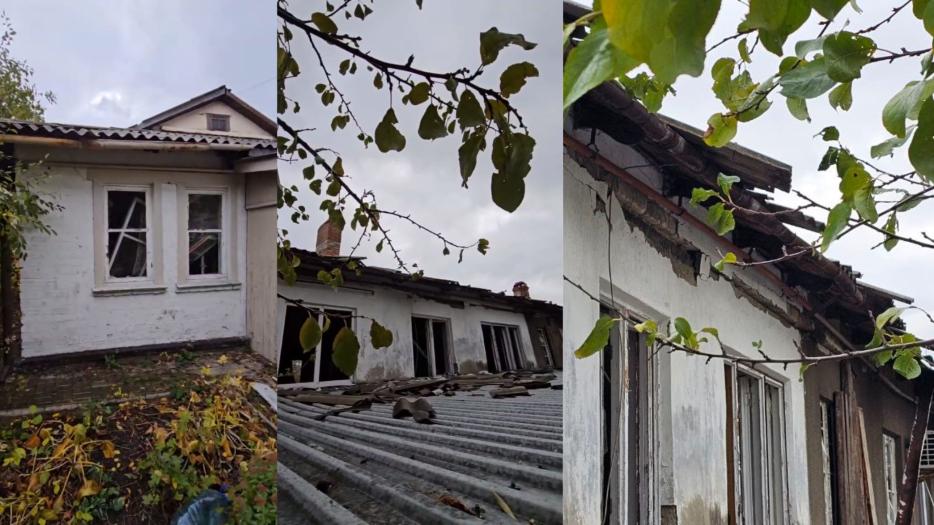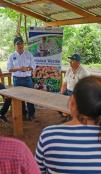Ukraine Independence Day: stories from young Ukrainians
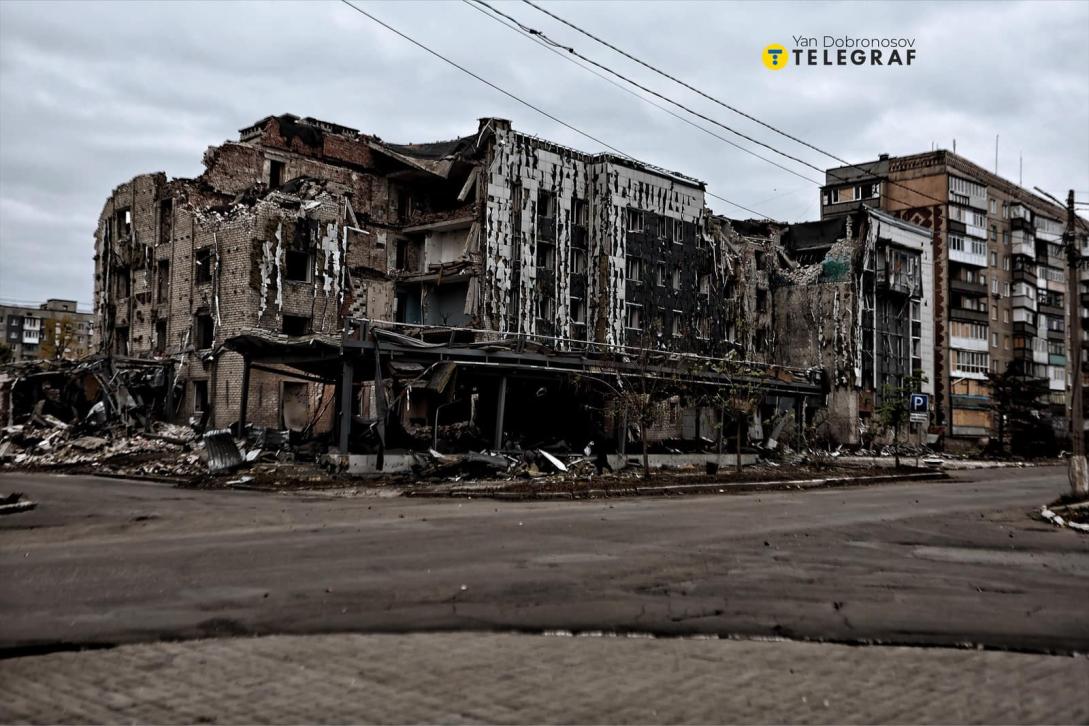
[Main image: a ruined building in the city of Pokrovsk]
- Follow the link to view the Ukraine Independence Day - Stories of young Ukrainians video on YouTube or read the story below.
Ukraine regained its status as an independent country on August 24 1991, a date which is marked every year since as Ukraine Independence Day. This year, we hear from Olha Kyrylova and Milana Holovan, two Ukrainian journalists, about the ongoing impact of Russia’s war of aggression against Ukraine.
They are not merely observers but direct participants in the events shaping modern Ukrainian history. Through their stories, we immerse ourselves in the reality of the war — its pain, resilience, and hope for the future.
Ukraine's Independence Day is a moment when this pain becomes particularly palpable; this holiday is not only a day of triumph and freedom but also a reminder of the price the country is paying for its independence.
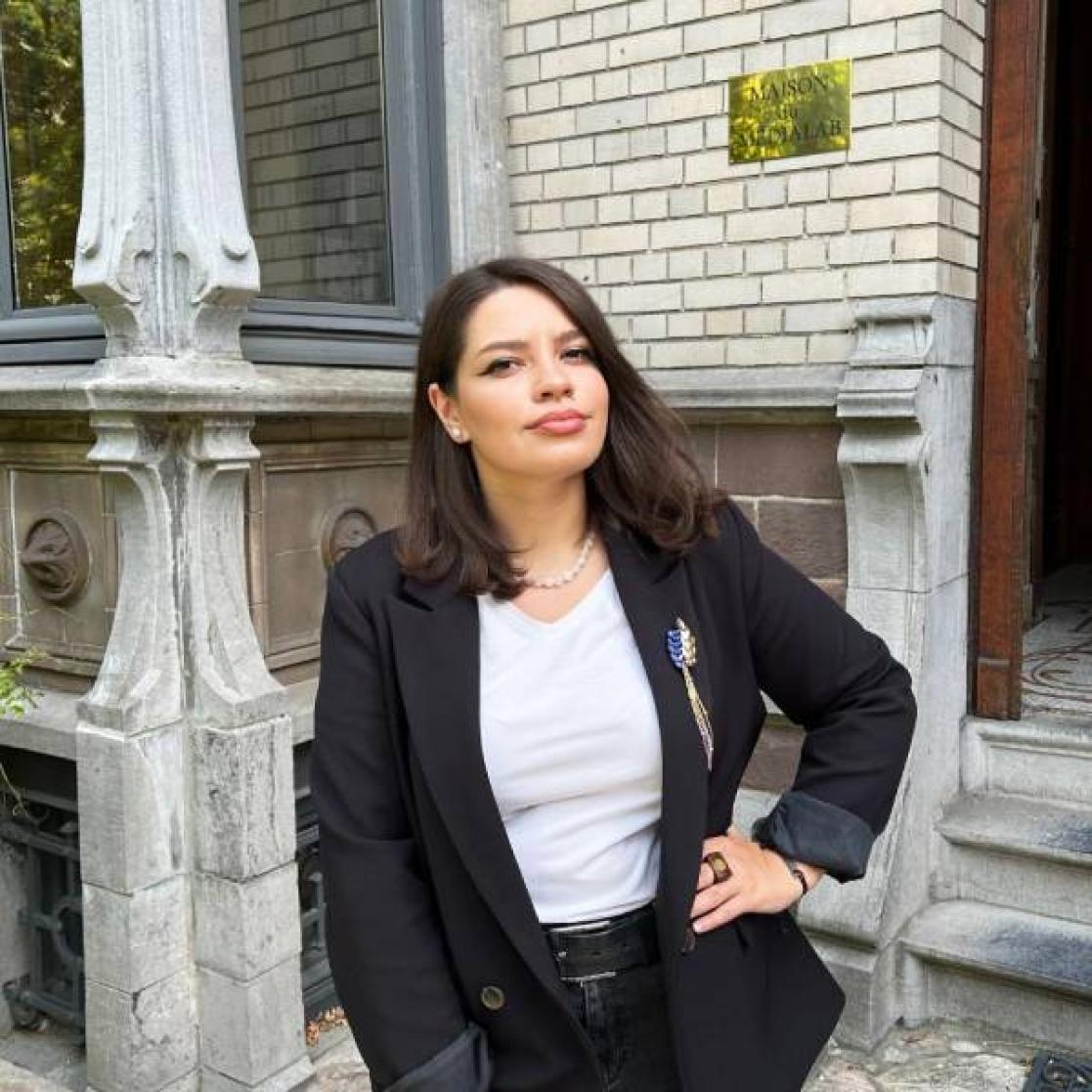
European Union
Olha Kyrylova
Olha is a 26-year-old correspondent for one of Ukraine's leading online media, Telegraf. She is from Pokrovsk, an industrial city in the Donetsk oblast of Ukraine that is currently under relentless attack by Russian forces. Pokrovsk is a strategically important city, serving as a key railway and logistics hub in the region.
The city of Pokrovsk is regularly attacked by aerial bombs, drones, and missiles launched by Russian forces and which have destroyed most of the city's critical and social infrastructure. Following these attacks, people who remain in the city often have to bury relatives, friends, and neighbours directly inside the courtyards of residential buildings, as well as making hand-made wooden crosses and commemorative plaques for the deceased.
This is the terrible reality for the city Pokrovsk, which lies in the centre of Europe and which is slightly smaller in area than the city of Brussels in Belgium.
Olha, like many other residents of Pokrovsk, lost her home. The first missile strike near her house occurred in September 2024.
"Friends sent me a photo of the house, which looked like a ghost: with no windows, no doors, and a hole in the roof. It was difficult to realise that home now only exists in my memory," she shares.
The current state of Olha’s house is unknown, as there is no communication with the city. Olha evacuated her family from the Donetsk oblast at the beginning of the full-scale invasion, in order to to take care of her mother, her disabled father, and her two elderly grandmothers.
“For eight years, my father struggled with the consequences of a stroke and could not manage without outside assistance. We couldn’t go far, so we evacuated to the neighbouring Dnipropetrovsk oblast, which was the nearest safe place.
“The relocation, the realisation of losing our home, and the harsh reality of war were extremely difficult for him. Sadly, his heart gave out in December 2024. Until the very end, he believed that one day he would return to his hometown,” Olha recalls.
Milana Holovan
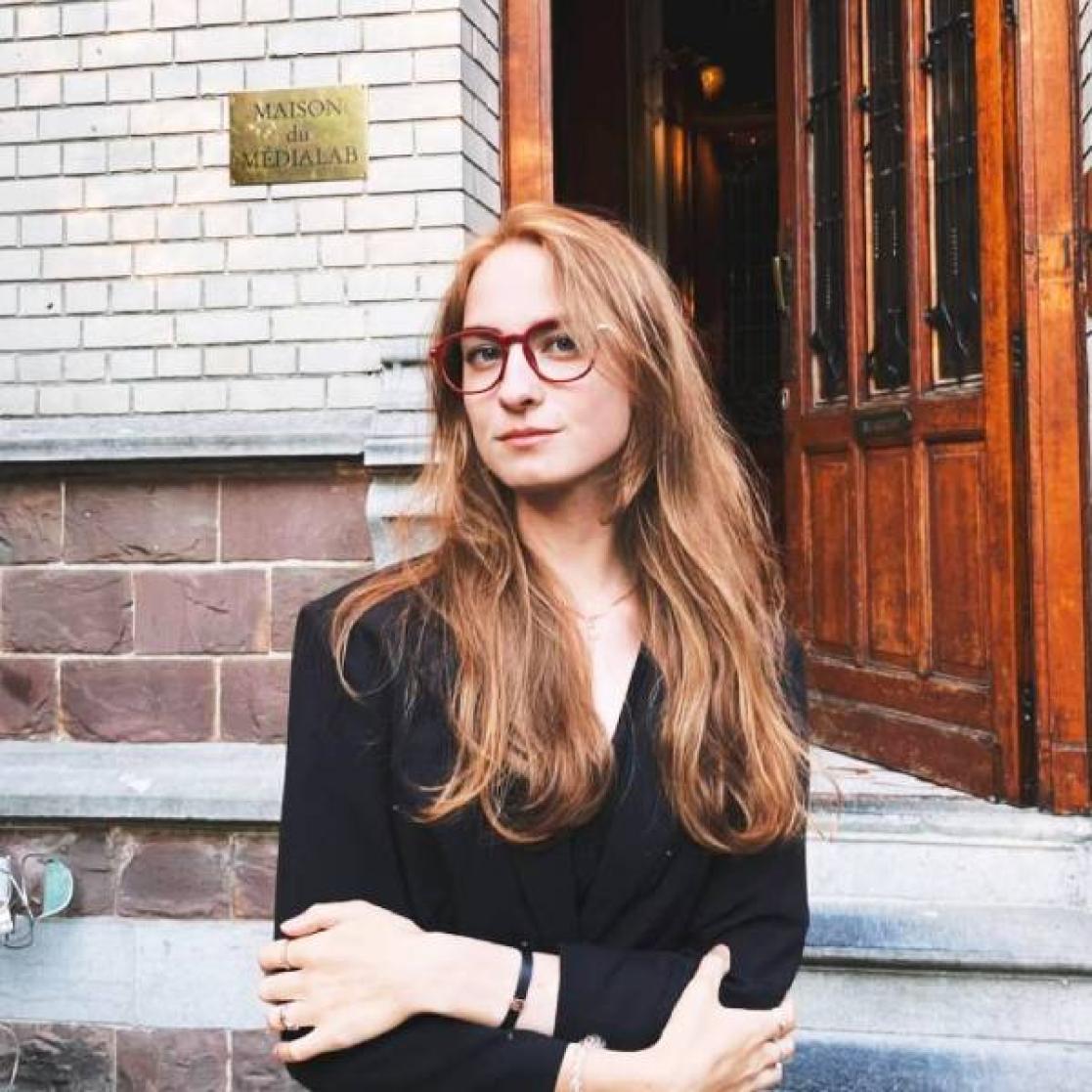
European Union
Milana, a 24-year-old correspondent for the Ukrainian publication LIGA.net. She originally comes from Dnipro, a city on the front line of the war in Ukraine that has also been a direct target of Russian attacks.
Milana has been working in Brussels since June 2025 but her grandmother, Vira, remained in the Ukraine. She lived her entire life in the city of Sievierodonetsk, where she was born and which Russian forces occupied in July 2022. The Russian takeover of Sievierodonetsk was not widely covered in the media; Milana’s only source of information about the city during the occupation came from her grandmother's stories. Sadly, her grandmother passed away in February this year and the age of just 61.
"In her last years, [my grandmother] dedicated herself to animal volunteering. In Sievierodonetsk, she saved cats and dogs that residents, fleeing the 'Russian world,' left locked in their apartments and houses to die of starvation. She loved animals and couldn't leave them," Milana says.

Milana Holovan
EU continues to stand with Ukraine
The European Union has repeatedly affirmed its continued and unwavering support for Ukraine's independence, sovereignty and territorial integrity within its internationally recognised borders.
Since the start of Russia’s military aggression, the EU and its member states have provided €164.8 billion in assistance to Ukraine.
The EU is committed to continue to provide enhanced political, financial, economic, humanitarian, military and diplomatic support for Ukraine and its people.
- EU military support to Ukraine is critical for the country to defend its sovereignty, territorial integrity, freedom and independence against Russia’s war of aggression and be in a position of strength to reach peace.
- To date, the EU and its Member States have provided €59.6 billion in military support to Ukraine. Follow the link to learn more about the EU's military & defence support for Ukraine


